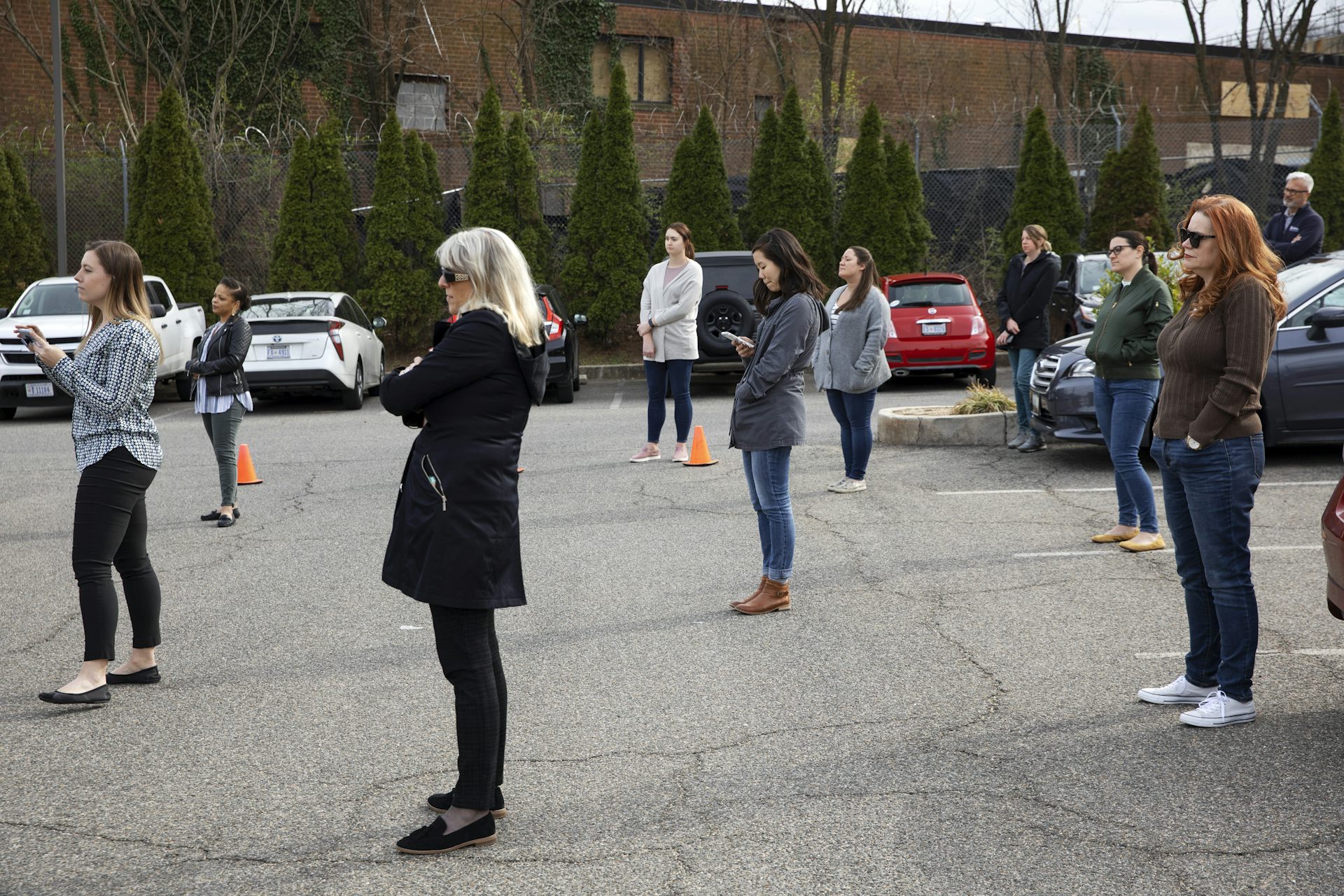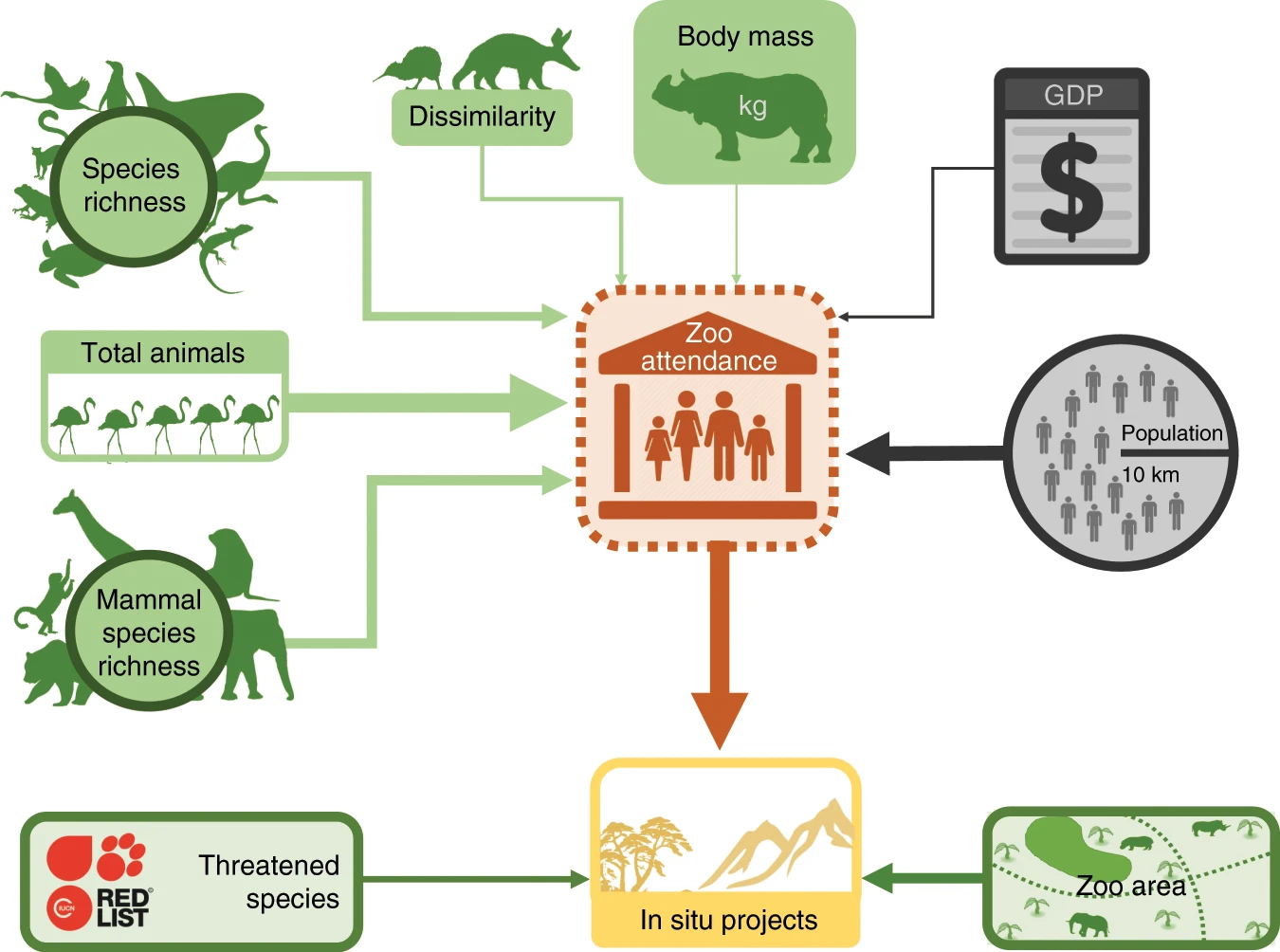New research shows that a visitor’s garden designed and built by Iowa State University students and incarcerated individuals at the Iowa Correctional Institution for Women is helping to strengthen connections between the women and their children. Researchers interviewed incarcerated women and their visitors in the visitor’s garden at the institution in Mitchellville. Ninety percent of...
Perspectives
Coronavirus Reminds Americans That Pursuit of Happiness Is Tied to the Collective Good
At its core, the United States Declaration of Independence argues that all human beings have “unalienable rights.” These include right to “Life, Liberty and the pursuit of Happiness.” These rights apply to all human beings, and cannot be given away. What is more, the Declaration says that “to secure these rights, Governments are instituted among...
There’s a Complex History of Skin Lighteners in Africa and Beyond
Somali-American activists recently scored a victory against Amazon and against colourism, which is prejudice based on preference for people with lighter skin tones. Members of the non-profit The Beautywell Project teamed up with the Sierra Club to convince the online retail giant to stop selling skin lightening products that contain mercury. After more than a...
Facial Expressions Don’t Tell the Whole Story of Emotion
Interacting with other people is almost always a game of reading cues and volleying back. We think a smile conveys happiness, so we offer a smile in return. We think a frown shows sadness, and maybe we attempt to cheer that person up. Some businesses are even working on technology to determine customer satisfaction through...
Why People Post ‘Couple Photos’ as Their Social Media Profile Pictures
As you scroll through your Facebook news feed, you see it: Your friend has posted a new profile picture. But instead of a picture of just your friend, it’s a couple photo – a picture of your friend and their romantic partner. “Why would someone choose that as their profile picture?” you wonder. We are...
Oscar Snub of ‘Little Women’ Shows the Limits of Hollywood Feminism
The Oscars have long represented a way for the American film industry to celebrate and market its achievements. Even when there are surprising wins, like this year’s top awards sweep by South Korean film Parasite, the Oscars tell us more about the values of the industry or what it wants to say than what might...
Size Matters! What Drives Zoo Attendance and How Does Footfall Impact Conservation?
Scientists from Trinity College Dublin, Species360 and NUI Galway have quantified what drives attendance to zoos by assessing how variations in animal collections affect footfall. Crucially, they link their findings to the contributions made to conservation efforts in situ (in the wild), and find that zoos are making significant, positive impacts on our attempts...
Publicly Sharing a Goal Could Help You Persist After Hitting Failure
Publicly sharing a goal may help you persist after hitting a failure, but only if you care about what others think of you, according to new research from Binghamton University, State University of New York. However, public announcements, such as Facebook posts about New Year’s resolutions or weight loss targets, may only be motivating when...
Faking Emotions at Work Does More Harm Than Good
The adage “Fake it until you make it” – the idea that someone can fake a positive attitude to elicit real-life benefits – often backfires when used with co-workers, according to a study led by a University of Arizona researcher. Instead, researchers say, making an effort to actually feel the emotions you display is more...
New Survey Results Reveal the Experts and Public’s Attitude Towards Gene-Edited Crops
Experts’ interest in utilizing gene editing for the breeding crops has seen revolutionary growth. Meanwhile, people’s awareness for food safety has also been increasing. To understand the attitudinal difference among experts and public towards gene-edited crops, a team of Japanese researchers, led by Dr. Naoko Kato-Nitta, a research scientist at the Joint Support-Center for Data...










